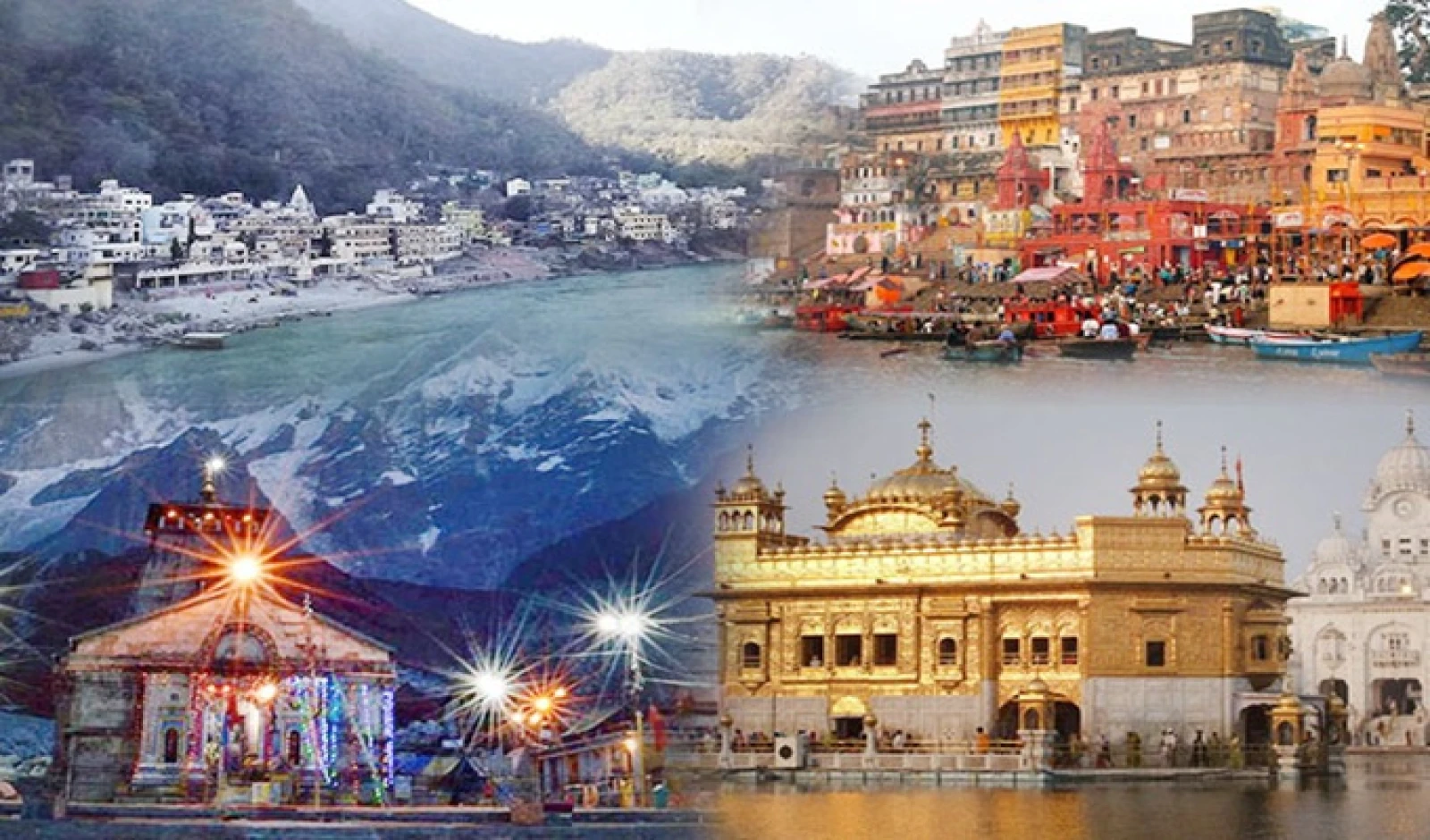
India’s religious tourism sector is witnessing a remarkable surge, reshaping the country’s hospitality landscape. With millions of pilgrims and spiritual seekers traveling to sacred cities like Ayodhya, Ujjain etc. every year, global and domestic hotel chains are capitalizing on the opportunity by expanding into these high-growth tier-2 and tier-3 destinations, with a new wave of investment transforming the infrastructure around India’s most revered religious sites.
A Spiritual Revival with Modern Hospitality
Ayodhya:
Ayodhya, revered as the birthplace of Lord Ram, has emerged as a focal point in India’s religious tourism map, especially following the construction of the Ram Temple and large-scale infrastructure upgrades. According to Rahool Macarius, Market Managing Director, Eurasia, Wyndham Hotels & Resorts, “Ayodhya is rapidly emerging as a major pilgrimage and cultural hub. This new signing is part of our strategic focus on high-growth tier-2 and tier-3 markets in India.”
Wyndham’s latest announcement to open Ramada Plaza by Wyndham Ayodhya Masodha by 2028 signals strong confidence in the city's tourism trajectory. The 120-room property, developed in partnership with M/s Anuprit Solutions Private Limited, will feature upscale amenities such as a spa, banquet spaces, a swimming pool, and all-day dining — catering to both leisure and business travelers.
This will be Wyndham’s second property in Ayodhya, reinforcing its commitment to serving the rising influx of pilgrims and spiritual tourists. The recent opening of the Maharishi Valmiki International Airport, along with ongoing riverfront and eco-tourism developments, has made Ayodhya more accessible and attractive to visitors and investors alike. With over 115 million Wyndham Rewards members globally and a portfolio of more than 9,300 hotels, Wyndham’s move into Ayodhya reflects the broader confidence in India's spiritual tourism economy.
Nashik:
Nashik is a significant city for Hindus, especially during the Kumbh Mela, which takes place every 12 years. Located on the banks of the River Godavari, Nashik is known for its religious importance and connections to Hindu mythology. Important sites like Panchavati and Ram Kund attract many visitors and pilgrims. Along with its spiritual significance, Nashik offers cultural landmarks and natural beauty, making it a popular destination in Maharashtra.
Recognizing Nashik’s potential as a spiritual center, Lemon Tree Hotels announced its newest property, Lemon Tree Suites, Nashik a few weeks back. The hotel will be managed by Carnation Hotels Private Limited, a subsidiary of Lemon Tree Hotels Limited.
Vilas Pawar, CEO - Managed & Franchise Business, Lemon Tree Hotels commented, "We are delighted to expand our footprint in Maharashtra. The launch of this new property not only reinforces our presence in Maharashtra, where we already operate 14 hotels and have six more in the pipeline, but also aligns with our broader strategy for sustained growth across key markets."
Lemon Tree Suites, Nashik will have 135 suites and facilities including a restaurant, lounge, banquet hall, meeting room, swimming pool, fitness center, spa, and other common areas. The hotel is about 27 km from Nashik International Airport and 12 km from Nashik Railway Station, with good road connectivity for both public and private transport.
Vrindavan and Ujjain :
Vrindavan and Ujjain are two highly significant religious sites in Hinduism, both closely linked to Lord Krishna. Vrindavan is famous as the place where Krishna spent his childhood and carried out his divine activities. Ujjain is one of the seven sacred cities (Sapta Puri) and hosts the important Mahakaleshwar Jyotirlinga temple.
Radisson Hotel Group, known for its rapid growth in India, is planning to expand further into spiritual destinations like Vrindavan, Ujjain, and Guruvayur. According to a brand announcement in 2024, Radisson will introduce its first globally branded hotels in these locations.
The group’s earlier launch in Ayodhya, just before the Ram temple inauguration, was a big success, with an average daily rate (ADR) of Rs 1.15 lakh in the first month. The hotel still remains mostly fully booked.
This expansion goes beyond business interests—it reflects a growing trend among India’s middle class. More people are now prioritizing travel and spiritual experiences, driving strong demand for clean, comfortable, and reliable accommodation options near temples and religious sites.
Sacred Economy on the Rise
Religious tourism is one of the key segments under the Indian government’s tourism development agenda. Infrastructural investments, such as airports, roads, and heritage restoration, are aimed at boosting visitor numbers to sites like Ayodhya, Kashi, Mathura, and Shirdi. According to industry analysts, this segment contributes significantly to domestic tourism, with estimates suggesting that religious travel accounts for nearly 60% of domestic tourist movement in India.
The confluence of faith and infrastructure is redefining India’s travel landscape. As spiritual cities gain modern amenities and global connectivity, religious tourism is no longer a seasonal or low-budget affair — it’s becoming a cornerstone of India's hospitality economy. From serene ghats in Varanasi to temple towns like Ayodhya and Nashik, the transformation is clear: where the faithful go, the world-class hotels follow.

